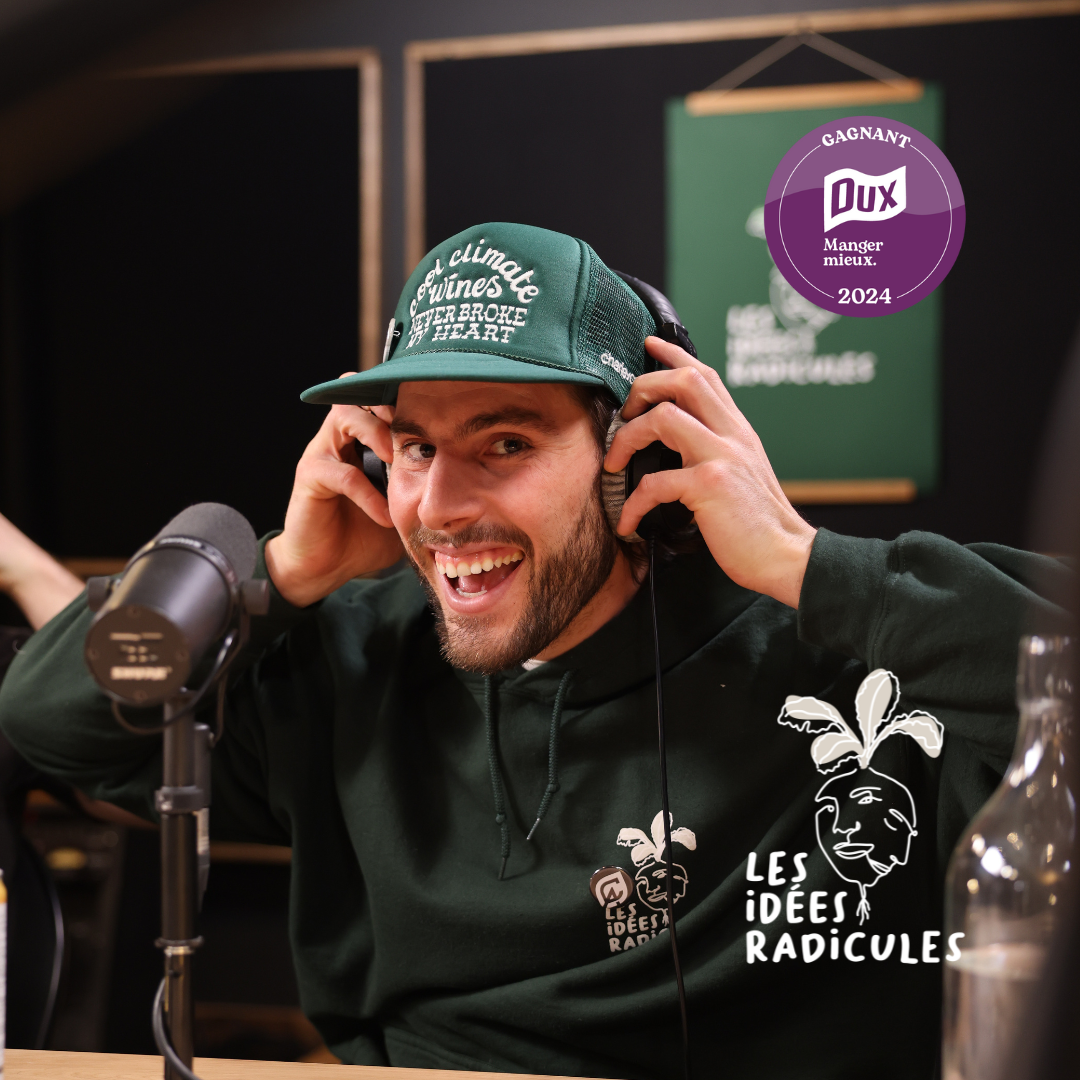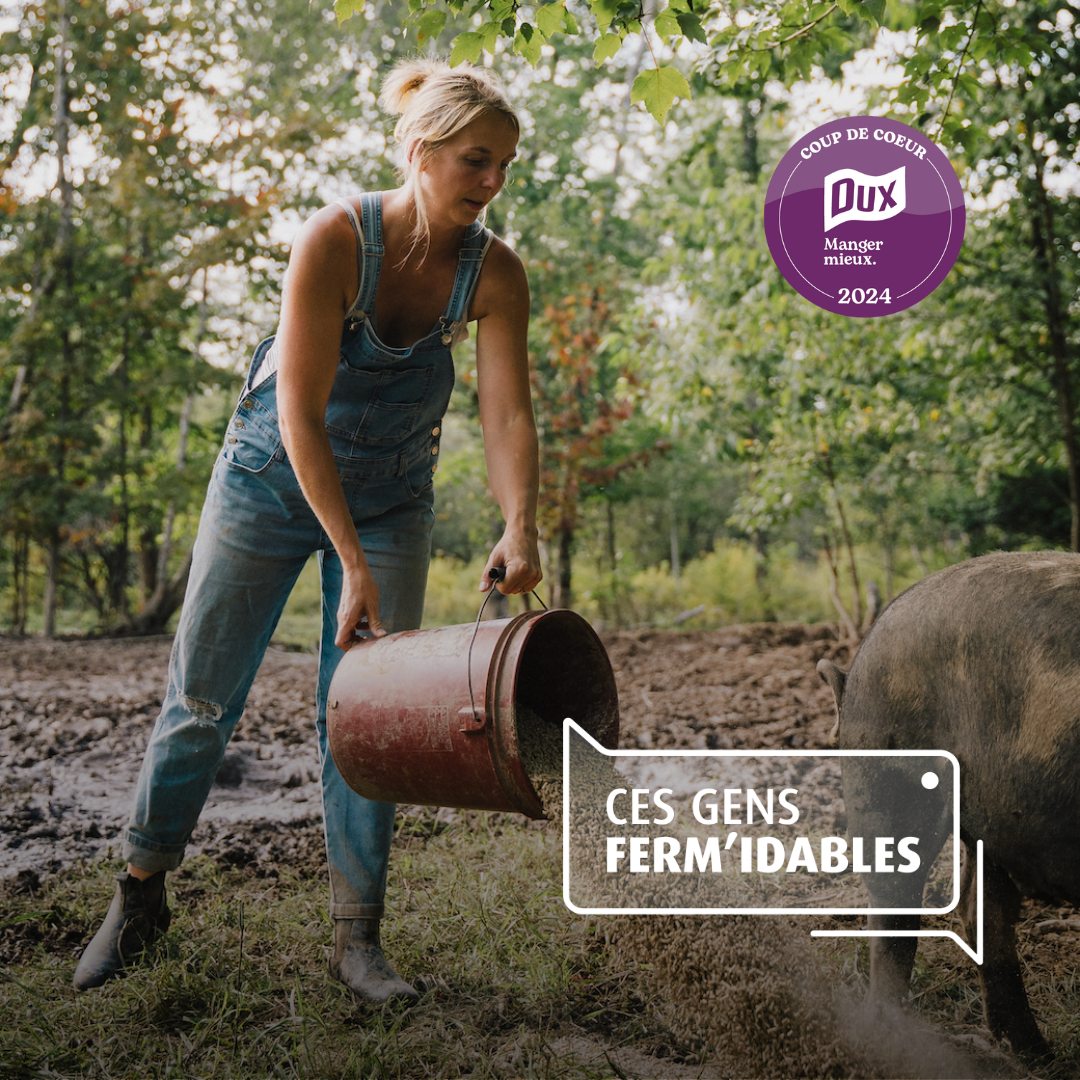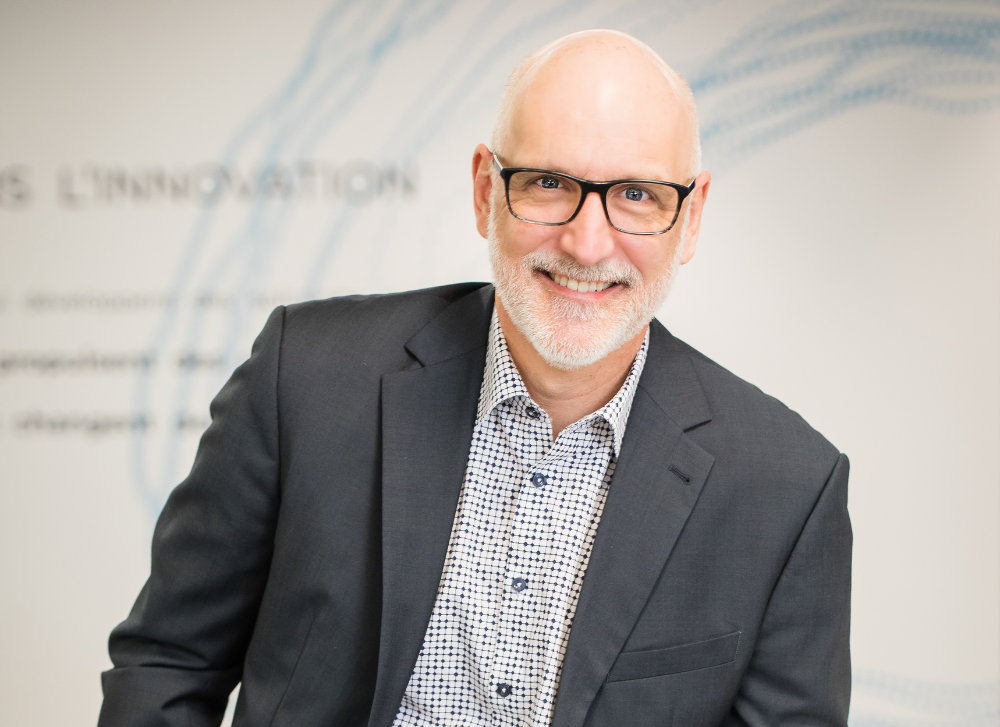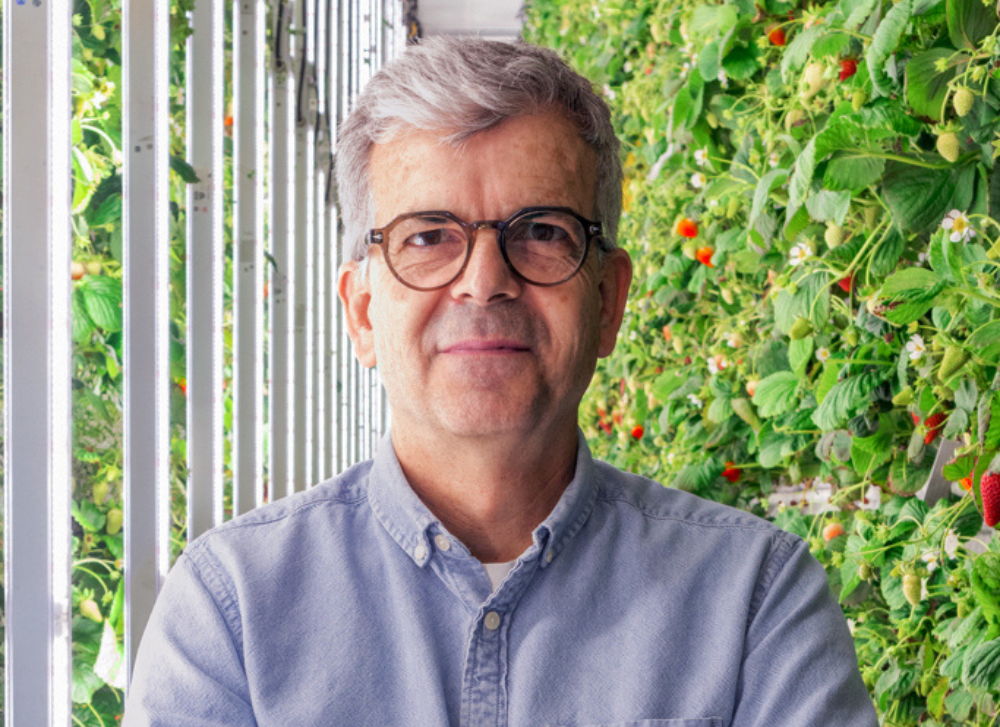The Alchemist of Soil
The Earth is already salivating. The chef has gathered all the ingredients and is preparing to cook up a recipe that's really not worm-inducing. Seasoned with a generous amount of carbon-rich shavings and planing shavings, a nice big 350-pound pig rotates slowly for a few days at a temperature varying between 50 and 70⁰ C. Even dry and without any juice. compost (leachate!), Paul Larouche knows that his very special “mechoui” will be a hit.
The president of Bromine compost inc. will not even need to monitor the “cooking” of his dish. The trillions of thermophilic bacteria which proliferate and release heat inside the rotary composters he has developed will be responsible for ridding the carcass of pathogens. Better. Over time, they will transform it into high-quality humus to improve the soil.
Originally from Abitibi-Témiscamingue, Paul studied administration at UQAT. Then, 24 years ago, he landed on the banks of the Yamaska. It was chance that led him to do consulting for a composter company in Cowansville. One thing led to another, it moved to marketing, then, like the Remington razor ad of the 1960s, he loved the product so much that he purchased the company in 2015.
Paul Larouche first specialized in composting for mortalities in the pig and poultry industry. Then, he extended his know-how to other types of businesses. Let's think about biosolids from municipal wastewater treatment plants and cow manure. In the latter case, for example, composting manure makes it possible to produce quality animal litter while reducing the quantity of excrement to manage and the purchasing costs for the litter.
He would have been the first to sell a composter to a grocery store in Canada. Then to a university, before attacking the cafeterias of the mining camps. Everything goes there. Leftover soups, pasta, steak, potatoes, soiled cardboard and paper. Bring away food waste! With its equipment that can process waste from five tons per year up to thousands of tons, the strong guy finds markets in Quebec as well as in the United States, Nunavut, Europe, South America and even in Australia.
“ Here, for dead animals, we can resort to rendering, but with the risk of disease transmission, the idea of letting a truck go from farm to farm to collect the carcasses is not at all reassuring. Burial on site is also possible, but in winter, it is not great, not to mention that it causes a danger of contamination of the groundwater table. Incineration is also polluting. With the composter, on the other hand, I guarantee that if you put a pig in it with meat, there's a damn good chance that battery acid won't come out at the other end! And it won't smell anything. »
In Quebec, it will soon be prohibited to send our fruits and vegetables to landfill sites. Same thing with meat. Both governments and citizens must do their part to reduce greenhouse gases. When we know that landfilling produces methane, a gas 22 times more polluting than the CO2 released by a composter, the choice should not be too difficult to make. Especially since the compost which enhances and enriches the land can be made continuously throughout the year. And it doesn't require any effort since for less than $100 of electricity per year, the mixing of materials is done automatically.
The manager, who is in his late fifties, is very proud to say that all his composters, whether motors, speed reducers, control panels and the rest, are entirely manufactured in Quebec. You can even receive data and change settings remotely.
The company, which has five full-time employees, provides project analysis and planning, logistical support and training for the composter operator. Because, as Paul likes to say: “ If you buy a stove for your home, Are you for making bread or for making a roast? The rest of us are the cooks. If you want to make bread, we'll show you how to make good bread. Same thing if you want to make roast. » In short, you have to learn to deal with the composter!






